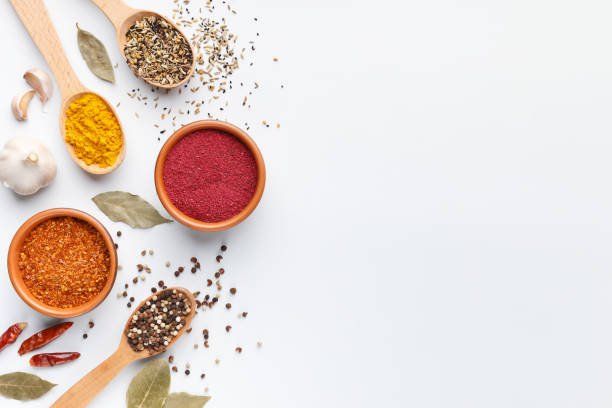Herbs and spices are integral components of cuisines worldwide, not only adding flavor and aroma to dishes but also offering a plethora of health benefits. These natural ingredients have been utilized for centuries in culinary practices and traditional medicine, showcasing their versatile applications. While they come with numerous positive effects, it is essential to recognize that they can also pose certain risks when consumed excessively or inappropriately.
Understanding Herbs and Spices
Herbs are typically the leafy green parts of plants, while spices come from other parts of the plant, such as seeds, bark, roots, and fruits. Common herbs include basil, parsley, cilantro, and mint, while spices encompass cinnamon, turmeric, ginger, and cumin. The rich history of herbs and spices dates back to ancient civilizations, where they were not only used for flavoring food but also for preservation and medicinal purposes.
Health Benefits of Herbs and Spices
- Rich in Nutrients: Herbs and spices are often nutrient-dense, containing vitamins, minerals, and antioxidants that can contribute to overall health. For example, turmeric is known for its high curcumin content, a powerful antioxidant with anti-inflammatory properties.
- Anti-Inflammatory Properties: Many herbs and spices possess anti-inflammatory effects, which can help reduce the risk of chronic diseases. For instance, ginger is renowned for alleviating inflammation, making it beneficial for conditions like arthritis.
- Digestive Health: Certain spices, such as cumin and peppermint, are well-known for their digestive benefits. They can help soothe the stomach, reduce bloating, and promote overall digestive health.
- Enhanced Immune Function: Garlic, often used as both an herb and a spice, has immune-boosting properties. It contains allicin, which is known to enhance the body’s defense mechanisms against infections.
- Weight Management: Some herbs and spices, like cayenne pepper, can boost metabolism and help with weight loss efforts. They can increase energy expenditure and reduce appetite, contributing to healthier weight management.
- Flavor Without Calories: Using herbs and spices to season food can reduce the need for added sugars, fats, and sodium, making meals healthier without sacrificing flavor.
Potential Negative Effects of Herbs and Spices
- Allergic Reactions: Some people may experience allergic reactions to specific herbs and spices, leading to symptoms such as hives, itching, or gastrointestinal distress. Common allergens include coriander, garlic, and cinnamon.
- Interaction with Medications: Certain herbs and spices can interact with medications, either enhancing or diminishing their effectiveness. For example, St. John’s Wort, an herb often used for depression, can interfere with the effectiveness of various medications, including antidepressants and birth control pills.
- Digestive Issues: While many spices promote digestion, consuming them in excessive amounts can lead to digestive discomfort, such as heartburn or upset stomach. Spices like chili peppers may cause irritation in sensitive individuals.
- Toxicity Concerns: Some herbs can be toxic when consumed in large amounts or when not prepared properly. For instance, nutmeg contains myristicin, which can cause hallucinations and other symptoms when ingested in excessive quantities.
- Pregnancy and Breastfeeding Risks: Certain herbs may not be safe for pregnant or breastfeeding women. For example, herbs like sage and parsley can stimulate uterine contractions and should be avoided in large amounts during pregnancy.
Conclusion
Herbs and spices are valuable additions to our diets, offering an array of health benefits that enhance not only the flavor of our meals but also our overall well-being. They are rich in nutrients, boast anti-inflammatory properties, and support digestive health while providing a flavorful alternative to unhealthy seasonings. However, it is crucial to consume them mindfully, as excessive use can lead to negative side effects, particularly for individuals with allergies, those on certain medications, or pregnant women.
Incorporating a variety of herbs and spices into your cooking can promote a healthier lifestyle, but always consult a healthcare professional if you have concerns about potential interactions or health issues. Ultimately, the key is moderation and awareness, allowing you to enjoy the vast benefits of these natural flavor enhancers while minimizing any risks.
















